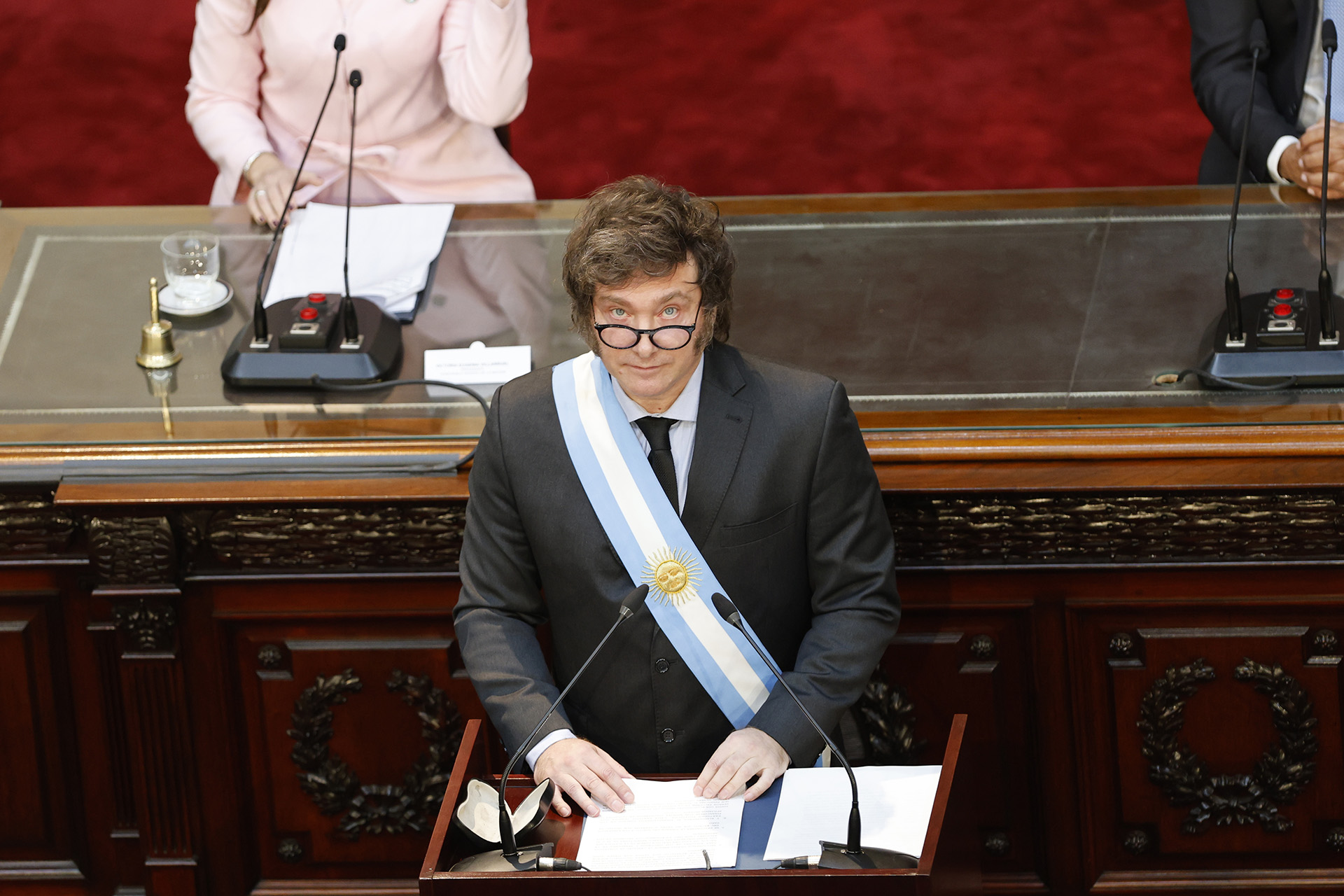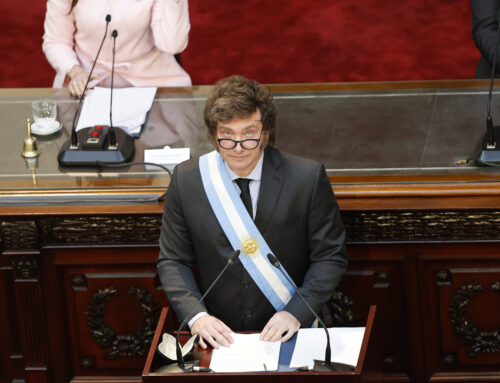Buenos Aires, Argentina – In a move that one author has described as a “direct blow” to presidential authority, the Argentine Senate has approved a bill that places significant restrictions on President Javier Milei’s ability to use Decretos de Necesidad y Urgencia (Decrees of Necessity and Urgency, DNU). This measure is widely seen as an attempt by the “political establishment” to “tie the hands” of the executive branch and block reforms that do not have legislative approval.
The new legislative framework mandates that decrees must now be expressly approved by both chambers with an absolute majority within a 90-day period. Furthermore, it eliminates the previous requirement that both chambers reject a decree for it to be annulled; now, a rejection from just one chamber is sufficient to render it void.
The bill also prohibits a single decree from addressing multiple subjects, limiting it to a single matter. Additionally, it prevents the executive branch from issuing a new decree on the same issue within the same parliamentary year. According to the article, this measure is unprecedented in Argentina’s history and represents an effort by the opposition to condition the executive branch from within the Parliament after failing to win at the ballot box. The project will now move to the Chamber of Deputies for its final debate.







Leave A Comment